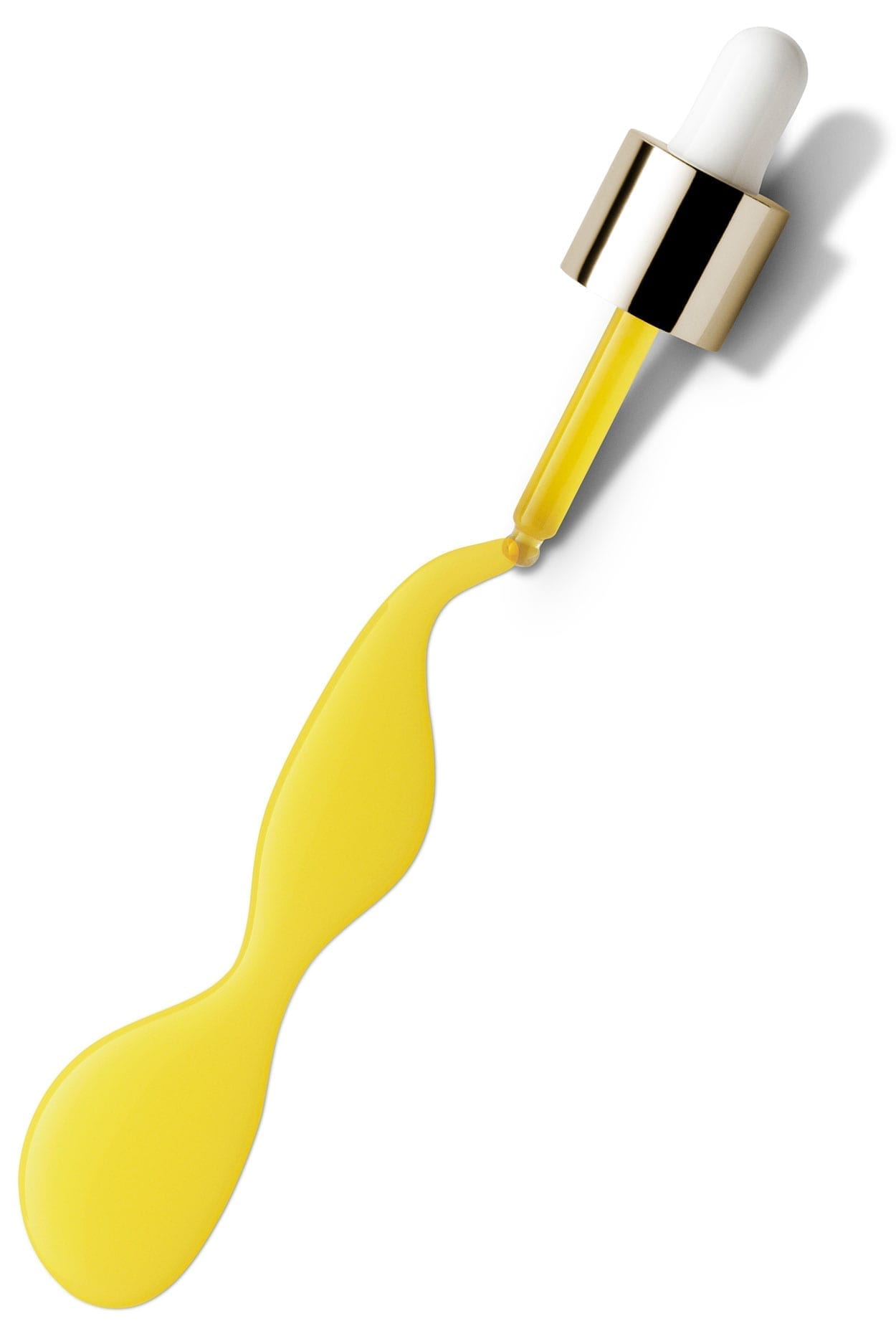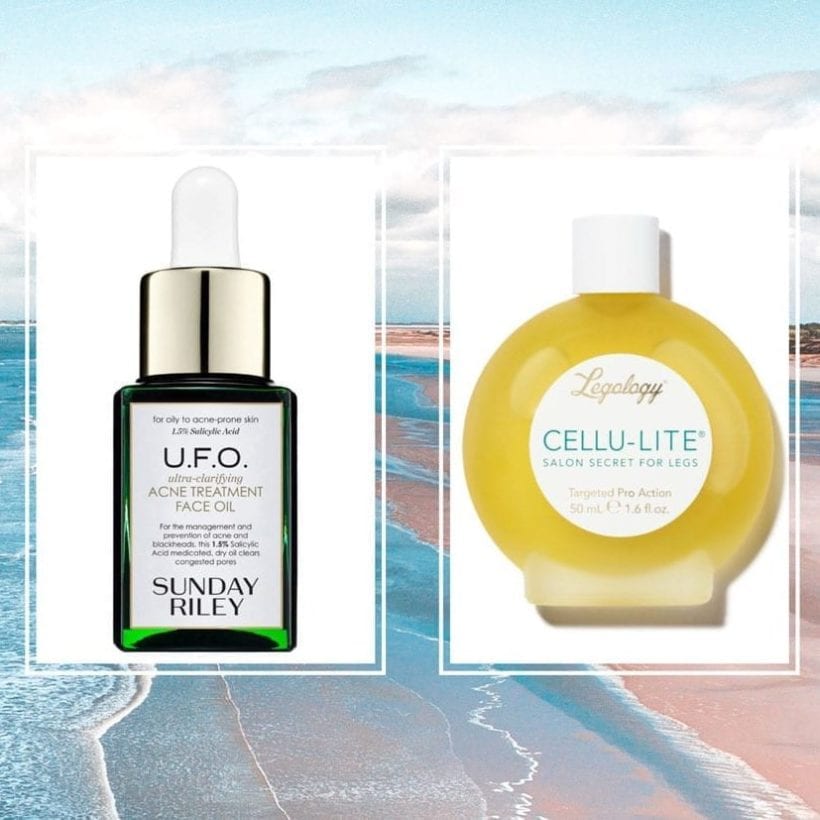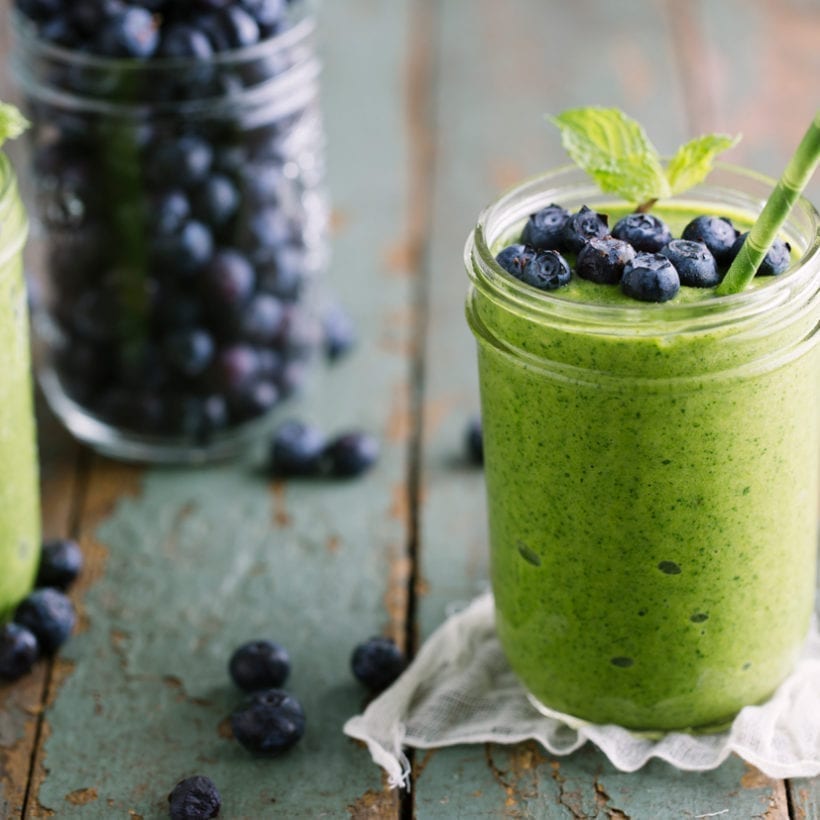Forget long evenings in your backyard or days spent frolicking in fields; if you suffer from hay fever, the summer season can often be spent sneezing and sniffling while hiding indoors. However, beyond the obvious allergy issues (the biggest downside to the warmer months), pollen can also affect your skin.
This fine, powdery substance discharged from the male plant during germination is one of the many environmental aggressors classed as pollution. While we are aware of the skin damage caused by air pollution (from traffic fumes to cigarette smoke), UV light and infrared rays from the sun, and blue light from our smartphones, pollen is often an overlooked category.
How does pollen affect your skin?
The issue with pollen is how it impacts the skin barrier, the outermost layer of your skin’s surface. “This semipermeable fence keeps bacteria and germs from penetrating deeper,” says Dija Ayodele, aesthetician and founder of Black Skin Directory. “When the skin barrier is compromised, it becomes fragile, vulnerable and easily irritated. This leads to a faster rate of moisture loss and, therefore, dry, tight, flaky or itchy skin,” she added.
Pollen has been demonstrated to damage the skin’s barrier function with exposure.
Pollen, an allergen, is one of many things that can compromise the skin barrier. “Pollen is an irritant to the skin barrier, causing it to become sensitized and unable to function at full capacity,” Ayodele says. Pollen — from grass, trees or flowers — can cause trouble in two ways. “It can be inhaled, which causes irritation from the inside out, and also the fine powder substance can sit on top of the skin. Both can cause a reaction and inflammation.”
If you already suffer from ongoing skin issues such as eczema or rosacea, pollen can aggravate these even further. “If you have a skin condition that weakens the skin barrier, the reaction to allergens such as pollen can be even more pronounced and sustained,” Ayodele points out. Clinical facialist Kate Kerr echoes this viewpoint: “Pollen is a foreign body that your body is trying to reject. When it comes in contact with the skin, it will kick off an inflammatory response to try and fix the problem. If you have a chronic skin inflammatory condition like eczema or rosacea when the barrier isn’t intact, pollen can penetrate easily and activate inflammation causing itching and therefore more inflammation,” she adds.
An increase in pollen levels can also affect collagen levels, the protein that keeps skin looking plump and glowing. “The inflammatory reaction caused by pollen on the skin is likely to break down collagen over a prolonged period of time,” Kerr says. In fact, according to research presented at the Annual Meeting of the Society for Investigative Dermatology, and reported by WGSN, pollen has been demonstrated to damage the skin’s barrier function with exposure, leading to “inflammatory response on the skin, as well as inhibiting collagen production.”
How can I protect my skin from the effects of pollen?
Ayodele and Kerr agree that the number one thing you can do topically to prevent your skin from the damage of pollen is ensuring your skin barrier is in tip-top shape. “Strong, functioning skin should not be affected by pollen at all,” Kerr highlights. “If the barrier is compromised due to a pre-existing condition, tackle that first and consequently help protect against pollen.”
This can be achieved by sticking to a simple yet effective skincare regime. “I recommend using an antioxidant-based serum and SPF each morning to keep your skin barrier strong and protect it from environmental aggressors,” Kerr suggests. Vitamin C, the most common antioxidant used in skincare, is your best bet. Not only does this help protect your skin from pollution like pollen, but it also boosts collagen — essentially two for the price of one. “Incorporating an exfoliating step into your evening routine will strengthen your barrier, too,” Kerr also adds. In this case, acid-based treatments (also known as liquid exfoliators) like alpha hydroxy acids (AHAs), such as glycolic acid or lactic acid, and beta hydroxy acids (BHAs), such as salicylic acid, can be highly beneficial. Complete both your morning and evening routine with the addition of a deep, yet non-stripping cleanser and some form of hydration — think a serum, oil or moisturizer.
Besides building a strong skin barrier via skincare, you can tackle pollen head-on by a couple of other means. Taking daily antihistamines when the pollen count is high can help provide relief from classic hay fever symptoms and related skin reactions. Furthermore, an at-home air purifier is also an option. These clever filtration systems are not cheap, but they can help clean the air and minimize reactions by trapping potential pollutants, including pollen.








